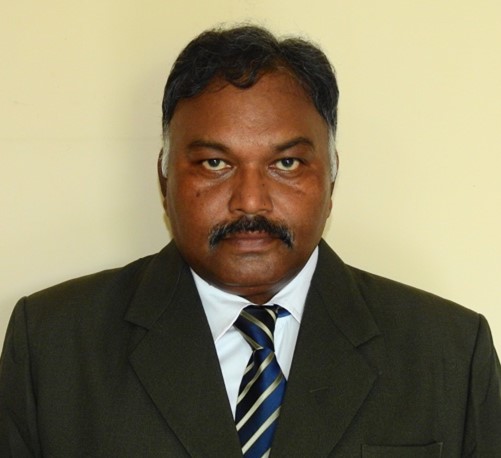
Samarendra Dandapat is a faculty member in the department of EEE, IIT Guwahati, India since 1997. He received his Ph.D. degree from IIT Kanpur, M. Tech. degree from IIT BHU and B. Tech. Degree from MNNIT Allahabad, India. He was Head of the Department of EEE from 2005 to 2006, Dean Students Affairs from 2006 to 2008 and Dean Administration from 2009 to 2012 at IIT Guwahati. He was also the founder Dean of IIT Patna from 2008 to 2009. He was a visiting research fellow in NTU, Singapore from 2003 to 2004. He has served as member of BOG of IIT Guwahati, NIT Silchar, NERIST Itanagar and Regional Film and Television Institute Guwahati. His research interests include Cardiovascular Signal Processing, Stressed Speech Processing and Fundus Image Processing. He has published around 90 journal papers and 135 conference papers. Prof. Dandapat has supervised 19 Ph. D. Thesis and 58 M. Tech. Thesis works.
Abstract of the Talk: Artificial Intelligence (AI) tools are increasingly gaining popularity within the biomedical community for automated detection of various cardiovascular disorders. In medical applications, AI methods attempt to cluster patient traits or infer the probability of the disease outcome. Cardiovascular disorders have three basic origins. They are conduction abnormalities, myocardial abnormalities and valve related abnormalities. These three abnormalities are interrelated and they lead to different cardiac disorders. In clinical settings, cardiovascular abnormalities are diagnosed using electrocardiogram (ECG) signal and phonocardiogram (PCG) signal, as well as medical context including patient symptoms, medical history, and risk factors. These pieces of information are generally found in electronic health records (EHR). Analysis of such data requires natural language processing (NLP) techniques to extract information from such as clinical notes/medical journals to supplement and enrich structural medical data. The challenges in this area include not only processing of time series data such as ECG and PCG but also analyzing the textual data. In this presentation, we will discuss the significance of diagnostic information in ECG signal, heart sound signal or Phonocardiogram (PCG) and electronic health records (EHR). Some applications of state-of-art AI techniques in this area will be discussed.